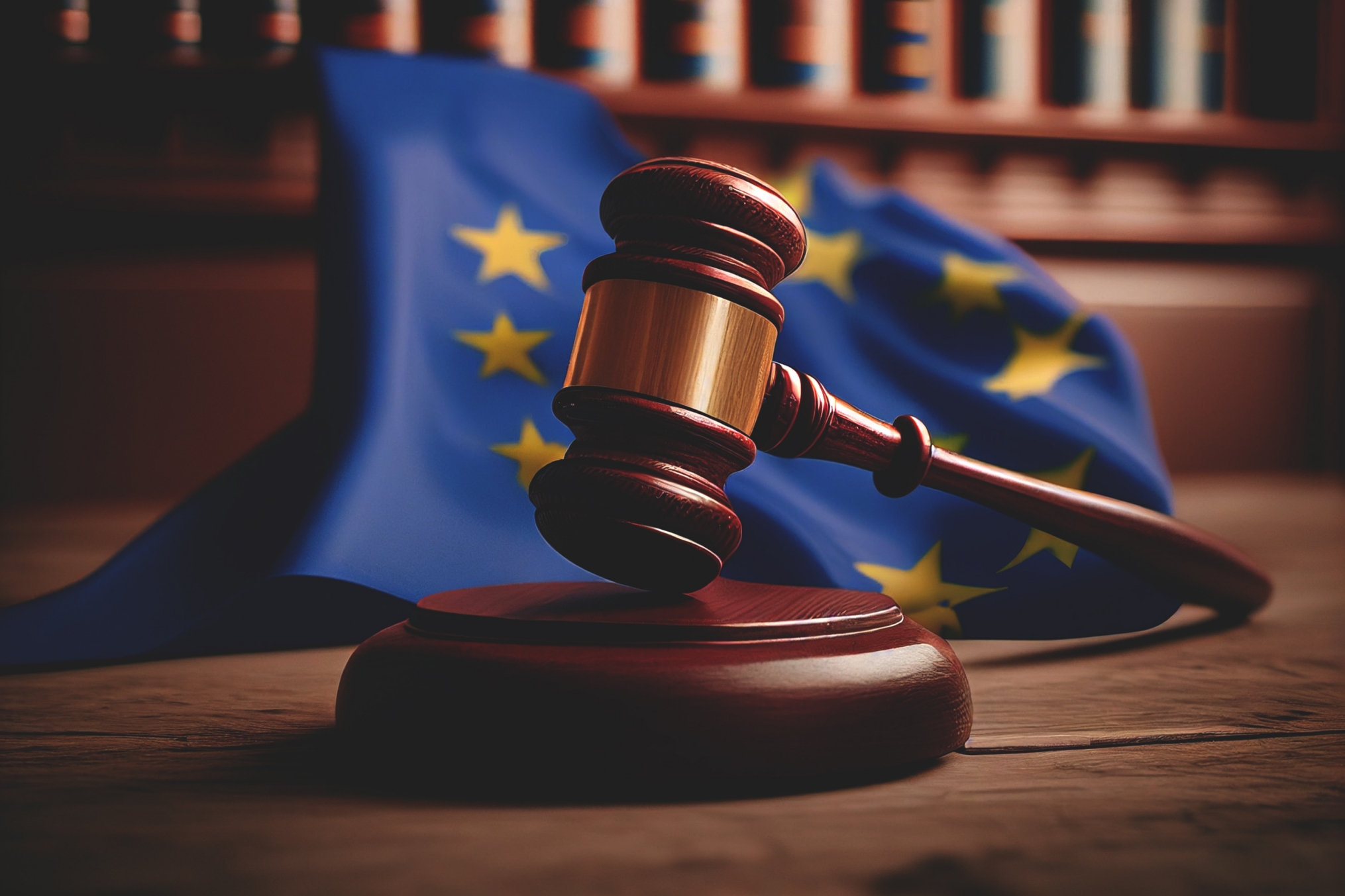On 17 April 2024, the General Court of the European Union ruled against the registration of the sign ‘Pablo Escobar’ as an EU trade mark because it is contrary to public policy and accepted principles of morality (ref. T-255/23).
Escobar Inc., a company based in Guayna on the island of Puerto Rico (USA), which is known for its links to Roberto de Jesus Escobar Gaviria – brother of Pablo Escobar, attempted to register the wordmark ‘Pablo Escobar’ with the European Union Intellectual Property Office.
Interestingly, the company wanted to register the name of the Colombian drug lord as an EU trademark for a wide variety of goods and services in classes 3, 5, 9, 10, 12-16, 18, 20, 21, 24-26 and 28-45. These include cosmetics, perfumes, pharmaceutical products and food supplements, computers, electronics, surgical instruments, vehicles, firearms, jewellery, musical instruments, stationery and office supplies, haberdashery, furniture, kitchenware and tableware, textiles, clothing, footwear, headgear, games and toys, food products, alcohol, tobacco products and a wide variety of services including telecommunications and construction.
EUIPO, in its decision of 1 June 2022 and its appeal decision of 21 February 2023, rejected the application for registration of the mark, citing it as contrary to public policy and accepted principles of morality based on Article 7(1)(f) of Regulation 2017/1001. The Office assumed that, in assessing the contrary to public policy and accepted principles of morality, account should be taken of the perception of the sign ‘Pablo Escobar’ by the relevant Spanish public, who are most familiar with the history of Pablo Escobar due to the strong links between Spain and Colombia. This led EUIPO to conclude that such a sign could not be registered as an EU trade mark, as a non-negligible part of the relevant Spanish public would perceive it as a symbol of a drug lord and narco-terrorist.

In its appeal against the first EUIPO decision, Escobar Inc. argued that the assessment of contrary to public policy or accepted principles of morality should consider the perceptions of the majority of people constituting the relevant public. The company’s most surprising argument was that Pablo Escobar, because of his good deeds for the poor in Colombia, has become a mythical figure in mainstream popular culture, which was supposed to be reflected by the fact that he had been given the nickname ‘Robin Hood of Colombia’ while he was still alive and is therefore perceived by the relevant public through this. In addition, the company pointed out that in the past, the EUIPO has registered as EU trademarks the names of Bonnie and Clyde, Al Capone and Che Guevara, which have become mythical, symbolic or archetypal in mainstream popular culture, even when associated with crimes like the Robin Hood. However, the Fifth Board of Appeal of EUIPO dismissed the appeal on the same grounds.
Escobar Inc. challenged the refusal before the General Court of the European Union. In addition to the arguments cited above, it also relied on the fact that Pablo Escobar had never been criminally convicted for his drug business activities. Therefore, the refusal to register the trademark violated his right to the presumption of innocence under Article 48(1) of the Charter of Fundamental Rights of the European Union. However, the General Court upheld the EUIPO’s decision and confirmed the refusal to register as EU trademark the sign ‘Pablo Escobar’. According to the General Court, the Office was justified to take into account in its assessment the perception of the relevant Spanish public, who could be regarded as reasonable and having average sensitivity and tolerance thresholds and who, as such, shared the indivisible and universal values on which the European Union is founded (i.e. human dignity, freedom, equality and solidarity, as well as the principles of democracy and the rule of law and the right to life and physical integrity) the average Spaniard (among the relevant public). EUIPO correctly assessed that Pablo Escobar’s name and surname are more associated with drug trafficking and narco-terrorism and with the crimes and suffering resulting from therefrom, rather than with his possible good deeds for the benefit of poor Colombians. Such a mark will, therefore, be seen as running counter to the fundamental values and moral standards prevailing within Spanish society.
The General Court added that Pablo Escobar’s fundamental right under the principle of the presumption of innocence had not been infringed in this case since, even if he has never been convicted in criminal proceedings, he is publicly perceived in Spain as a symbol of organised crime, responsible for numerous crimes, and it is the public perception of a sign that is relevant when assessing its compatibility with public policy or accepted principles of morality.
The General Court’s decision is relatively moderate. It takes into account the existing case law of the General Court and the Court of Justice of the European Union, in particular about how to determine the relevant public of the sign in question (Judgment of the General Court in La Mafia Franchises vs EUIPO, T-1/17, Judgment of the CJEU in Constantin Film Produktion vs EUIPO, C-240/18 P). There is no doubt that the average consumer who would come into contact with goods bearing the name of Pablo Escobar would first think of a drug lord rather than of a man who, despite his complex biography, helped poor Colombians. It should be noted that in the case of some of the goods for which the company wanted to register the disputed sign (e.g. tobacco products, jewellery, firearms, vehicles or alcohol), the level of association of the average consumer with organised crime and drug business could be even stronger.
However, the judgment is not final. Escobar Inc. may appeal to the CJEU.


